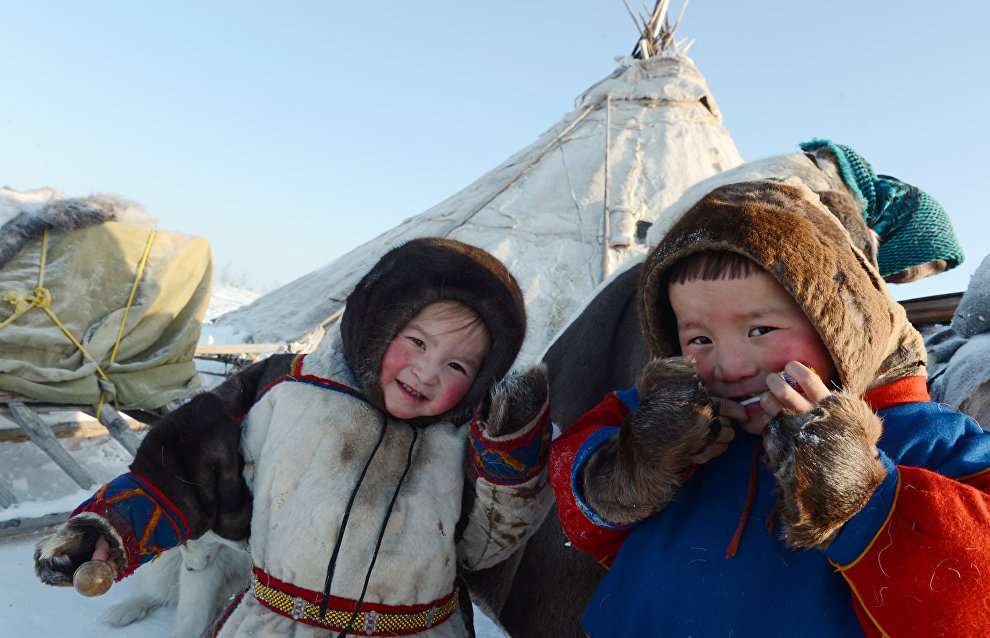MP moves to protect indigenous peoples
It is necessary to develop a targeted state program to ensure the social protection of the small-numbered indigenous peoples of the North, Siberia and the Russian Far East, said Alexander Akimov, the deputy head of the Federation Council Committee on Federal Affairs, Regional Policy, Local Self-Government and Northern Affairs, and a representative of the Sakha (Yakutia) Republic's legislature, at a parliamentary hearing, entitled Legislative Support for the Small-Numbered Indigenous Peoples of the North, Siberia and the Russian Far East, according to a report posted on the website of the Sakha (Yakutia) Republic's Department for Indigenous Peoples.
Targeted programs, regional legislation and bylaws have been adopted in Russia's regions to protect the interests of small-numbered indigenous peoples, he said. Nevertheless, the regions do not have sufficient resources and powers to implement this policy.
"Clearly, a systemic state approach is needed to address the problems that have accumulated," Akimov said.
According to the MP, many indigenous peoples are currently unable to lead a traditional way of life or engage in traditional economic activities as they do not have fishing quotas or the opportunity to buy land for hunting at preferential rates.
"In my opinion, our main objective is to develop mechanisms that would provide small-numbered indigenous peoples guaranteed access to natural resources amid the intensive development of Russia's Arctic and Far Eastern regions. They are unable to compete with large commercial organizations or participate in open tenders. This is a path to extinction," the MP said.
Recommendations were adopted in the latest hearing by both houses of the Federal Assembly, the Russian government, the executive branches of government in Russia's regions, as well as public associations and industrial companies operating in areas where indigenous peoples live and engage in traditional economic activities.
Today, the group of small-numbered indigenous peoples includes 40 ethnic entities which comprise a total of just 244,000 individuals.
